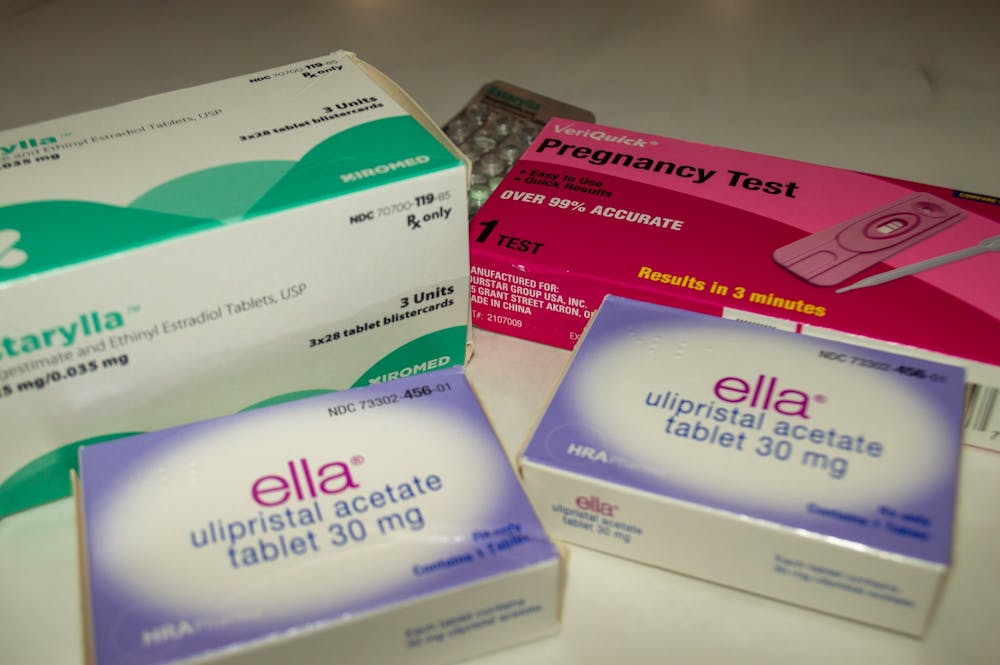UNC professor of exercise physiology Abbie Smith-Ryan said she thinks "estrogen is a superpower."
Director of UNC's Applied Physiology Laboratory, Smith-Ryan currently researches practical applications for exercise, performance, recovery and nutritional strategies for women and men. Her research has revealed key differences in the health needs of female athletes, who often require specific consideration due to their menstrual cycles, hormonal contraception and other factors that can impact performance.
She said there should be more investment into understanding and applying these gendered differences in the sports field.
According to the National Library of Medicine, there are major gaps in research dedicated to women’s health in sports. And according to a 2021 study in the Women in Sport and Physical Activity Journal, Six percent of sports and exercise science research published between 2014 and 2020 centered on women specifically.
"If you think about coaching and education and support, there's not a lot of conversations or people are afraid to talk about periods, which is not a good thing," she said.
Smith-Ryan was selected alongside colleague Anthony Hackney, professor of exercise physiology and nutrition, to participate in the FIFA Female Health Project as part of the 2023 FIFA Women’s World Cup this past summer, where she helped develop a framework for combating inequalities in women's health in sports.
"It's always pretty incredible when your research can have some sort of impact. And the most exciting part is that this is just the beginning," she said.
Sam Moore, a third-year doctoral student in UNC's Human Movement Science curriculum and a student of Smith-Ryan's, said she has enjoyed the opportunity to present similar findings to different strength and conditioning staff and other sports exercise professionals.
However, she said she has been surprised by the responses her work has received.



